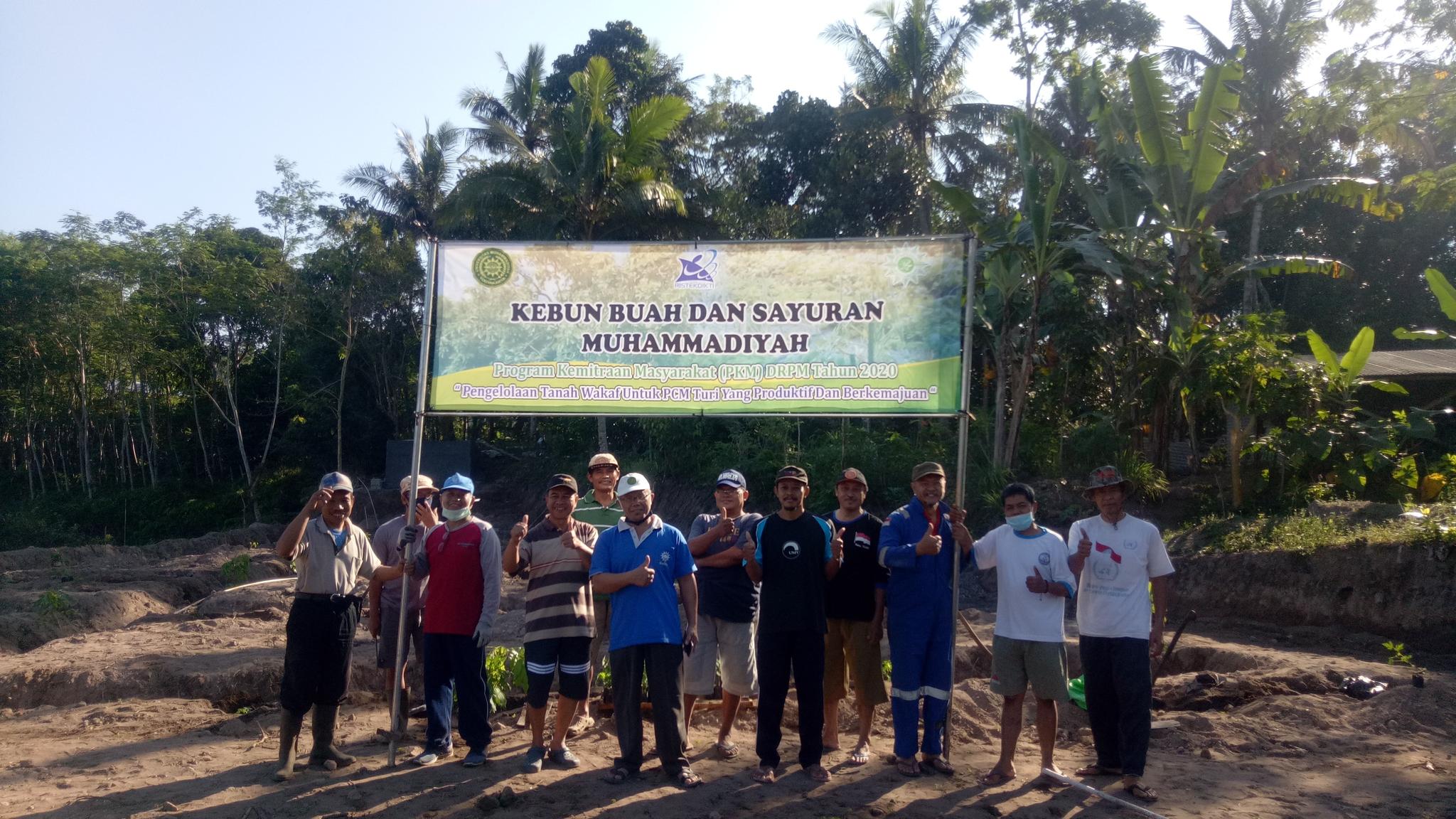 Management of donated land is often not optimal due to many factors, including uneven understanding and a new paradigm of waqf (donation) in accordance with Constitution No. 41/2014. The understanding of most people regarding donated land mainy concerns inanimate objects, such as land usage for education, waqf of land and buildings, waqf for teak trees, wells, graves or other properties to be utilized.
Management of donated land is often not optimal due to many factors, including uneven understanding and a new paradigm of waqf (donation) in accordance with Constitution No. 41/2014. The understanding of most people regarding donated land mainy concerns inanimate objects, such as land usage for education, waqf of land and buildings, waqf for teak trees, wells, graves or other properties to be utilized.
“This understanding is one of the reasons for the less than optimal function of waqf as a means of developing Islamic tenents and empowering Muslims. If it can be managed properly, the donated land will be more productive and can become a media for da’wah, “said Ir Agus Nugroho Setiawan, MP, Head of the Community Service team from Universitas Muhammadiyah Yogyakarta (UMY) themed around the Management of Waqf Land at PCM (Muhammadiyah Branch Management) Turi, Wednesday (12/8).
Agus added that the donated land managed by the Turi Muhammadiyah Branch Management has great potential if it is managed properly. Because the soil conditions in the Turi area are fertile due to the volcanic ash of Mount Merapi and the cool air, the waqf land of the Turi Muhammadiyah Branch Management can be developed into a productive fruit and vegetable orchard.
“Fruits and vegetables are increasingly important for the community. However, people’s consumption of fruit and vegetables has only reached 180 grams per capita per day, whereas the WHO standards require 400 grams per capita per day. This shows that the opportunities for developing fruit and vegetable crops are still very wide open,” explained the UMY Agrotechnology lecturer.
According to Agus, this condition needs to be utilized by Muhammadiyah by turning the donated land into a productive orchard. If the orchard has been made, in addition to being a source of income for the Muhammadiyah organization, the fruit and vegetable orchard can also be used as a medium for da’wah bil hal (through action). “Da’wah amar ma’ruf nahi munkar does not have to take the form of recitation in the mosque, but it can be done by setting an example for the community, like how to manage the waqf land properly and productively so it is more beneficial,” he added.
In this community service, which was funded by the Directorate of Research and Community Service of the Ministry of Research and Technology / National Research and Innovation Agency (DRPM Kemenristek / BRIN) in 2020, Agus and his team utilized PCM Turi’s waqf land which has an area of 1,200 m2 as a durian, longan, and avocado orchard. These types of fruit were chosen because besides being suitable for planting in the Turi area, it is also popular with the community and has high economic value. In addition, papaya seeds are also planted with shorter harvest ages. “To make more use of the land, various types of vegetables can be planted in between the fruit trees, vegetables which are a basic necessity and are very much needed by the community. That way, the donated land can become more productive and become a medium for da’wah for Muhammadiyah, “Agus concluded.





